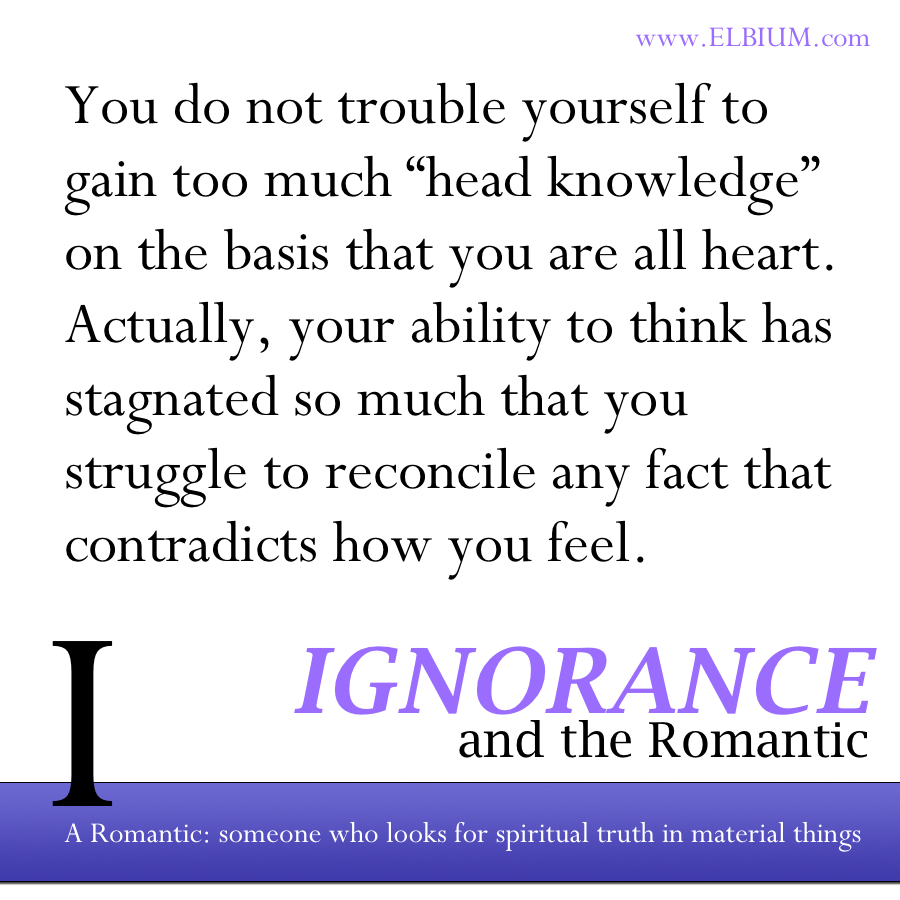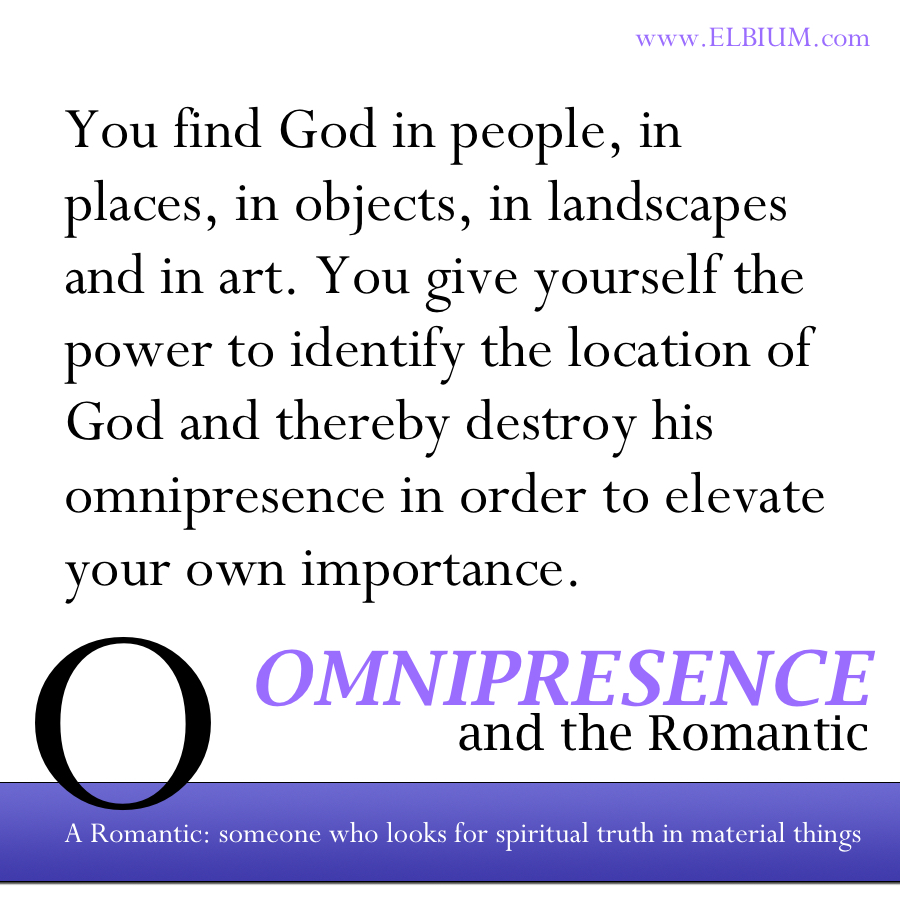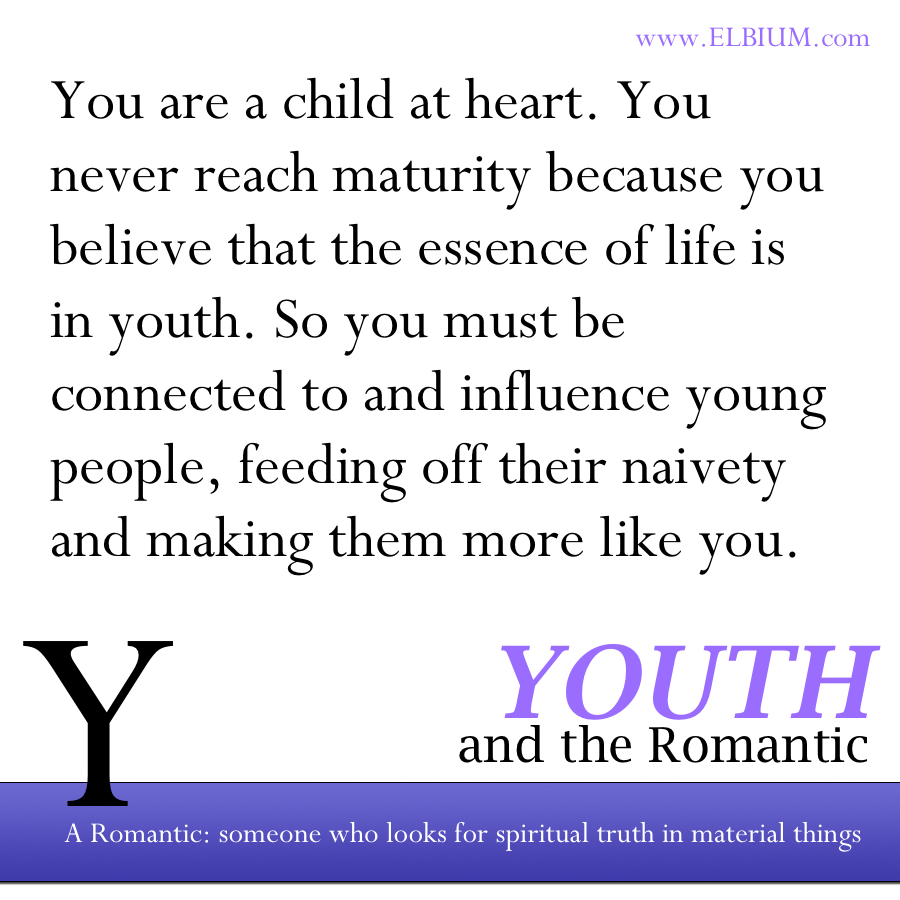The scope of Tim Blanning’s The Triumph of Music is to show the musician at one time a patronised servant of his rich masters becoming (in the 20th century) lord of all. Blanning illustrates that the musician's shackles were cast off by people like Bono, who have the ear of politicians and Elton John, whose homosexuality was once counter-cultural and now is not. It is a book that thinks itself far cleverer than it really is, for Blanning is merely repeating the accepted narrative that has been imposed on the history of music. He disregards any history that has not already been told ad nauseam. We might be lulled into believing the model by the simple fact that we have heard the tune so many times before. But it creaks under the scrutiny of a few counter-examples:
- Is the signed artist today really so free from the shackles of patronage that he can say what he wants? No. If he oversteps the boundaries of “modern values”, he will be unsigned and out on his ear. So he is not free.
- Is the unsigned but successful artist free? No. Because if he says something that offends his fan base, they will damn him to musical oblivion.



























